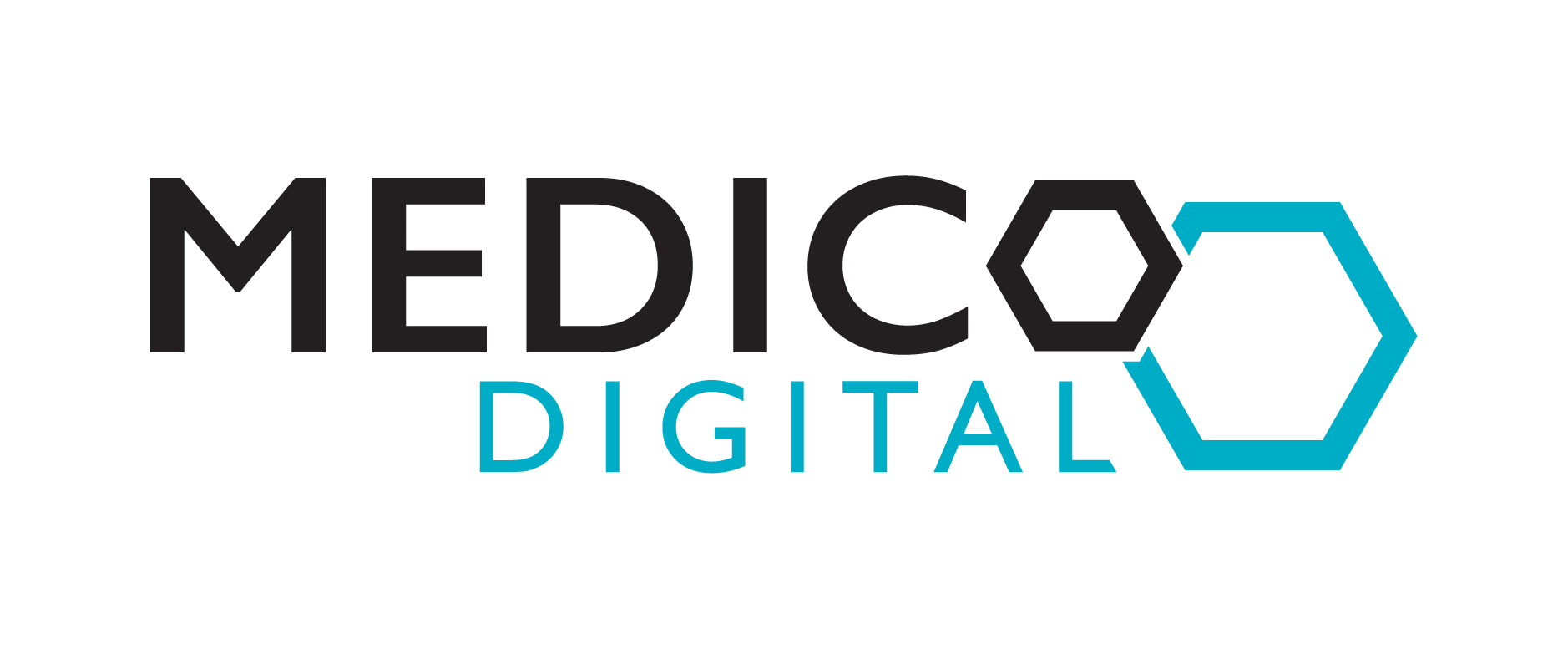Egg Donation/Sperm Donation
For real-life advice from a community who have used donor eggs/sperm, have a look at the Donor Conception Network [https://www.dcnetwork.org/].
Is it for me?
Choosing to use donated eggs or sperm during your fertility journey is a huge decision; therefore, it is recommended that you discuss this option with your family, close friends or a professional counsellor. That said, it is a method which can truly help those with fertility problems conceive. Your specialist might bring it up as an option if you or your partner are not able to produce eggs or sperm, using your own presents a high chance of failed conception or pregnancy, you’re in a same-sex relationship, you have a genetic disorder or you are single.
How it works
Once you have decided that donation is for you, you’ll need to book an appointment with a specialist to discuss the process and start making the initial steps. You’ll be offered the opportunity to speak with a counsellor, who will be able to discuss with you any questions or queries you may have to ensure you are completely comfortable with the process.
Donors come in two forms. If you wish to use anonymous donated eggs or sperm from a licensed fertility clinic, this is known as an ‘anonymous donor.’ Or you can discuss using donated eggs or sperm from a friend or family member, which is called a ‘known donor.’
Once the donor has been discussed and decided, there are various treatments available, depending on whether you are using donated eggs, sperm or both.
This is a fairly straightforward procedure done in our clinic, where specially prepared sperm are placed directly into your womb during your fertile time.
This is the most commonly used procedure when using donated eggs or both donor eggs and sperm. However, it might also be used with just donor sperm. In this process, the eggs are fertilised with sperm in a laboratory dish, before the embryos are planted into your womb. For male same-sex couples using a donor, this process will be used in combination with a surrogate mother.
If you use a donor through a fertility clinic, they’ll commonly be able to tell you the following information about the donor:
• Physical description (eye and hair colour/height)
• Their age
• Their ethnicity
• Their medical history
• A personal description and goodwill message to any potential children conceived using their donation (if they choose to write one)
The safest and legal way to find a donor is from your clinic, or, if you have found your own donor, such as a friend or family member, to use them in your treatment at your clinic. This is imperative to the safety and success of treatment, as the donor will be given health checks and supported throughout. If you are using a ‘known donor,’ your specialist will check any family links to ensure there is no risk in treatment.
The clinic will have a list of sperm or eggs that you can choose from. However, it is worth knowing that waiting lists can be long and if you’re looking for a specific quality, such as a specific eye colour, this wait time might be extended further.
The main benefit to using donated eggs, sperm, or both, is that it may increase your chances of starting a family. If you are unlikely to conceive for whatever reason, this could broaden your options when thinking of starting a family.
If you are treated at a registered UK fertility clinic, your donor will not have any legal rights or responsibilities to any children born using their eggs or sperm. This means they will not be named on the birth certificate, they will have no legal obligation to any children and they will not be required to pay any financial support. If you do not have treatment with a licensed UK fertility clinic, these issues can become complicated and your donor might be considered a legal parent.
By using a legal, registered fertility clinic, you are also reducing the risks associated with using donor eggs or sperm. Your donor’s genetic and medical history will be carefully checked to ensure there are no genetic diseases or conditions that could be passed on. If you are using a known donor, the clinic will still carry out these tests for you.
As previously mentioned, whilst you can use a known donor who is a family member, there are restrictions on mixing the eggs and sperm of close family members, such as brother and sister.
The highest success rates are for women under the age of 35, who have zero infertility problems and are using donor sperm, perhaps because they are single or their partner is not producing sperm. These success rates vary from 60–80%. Lower success rates occur if the woman has endometriosis, an ovulation problem or any other condition which may affect fertility.
Results in treatments with the use of donated eggs often have a better than 50% chance of success. By using egg donors, women who are past their reproductive years or menopause could become pregnant.

